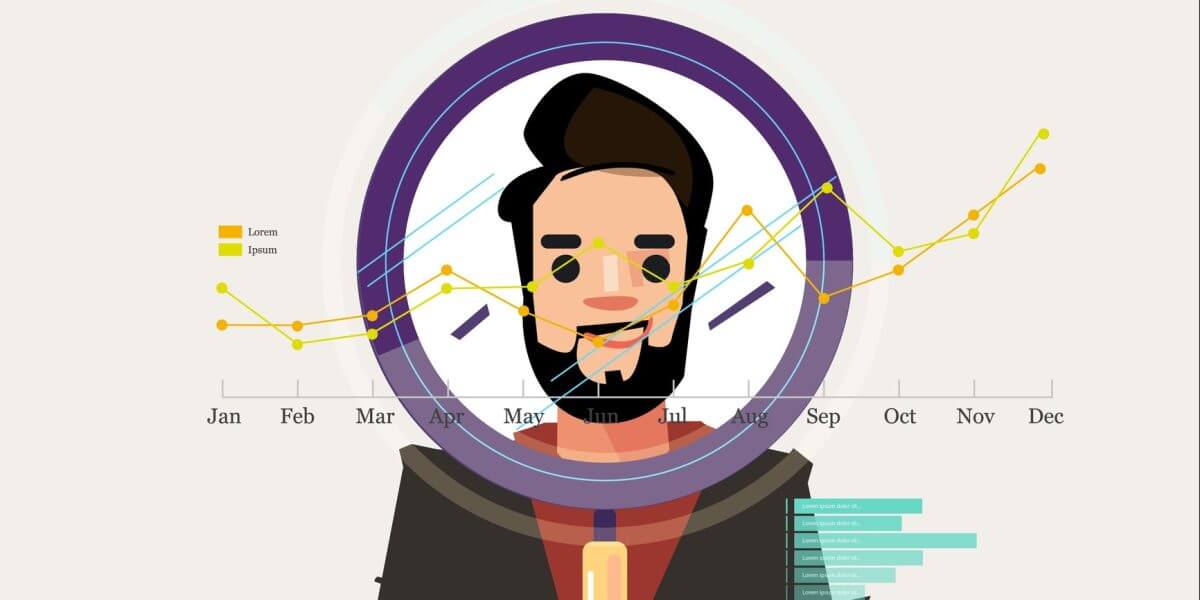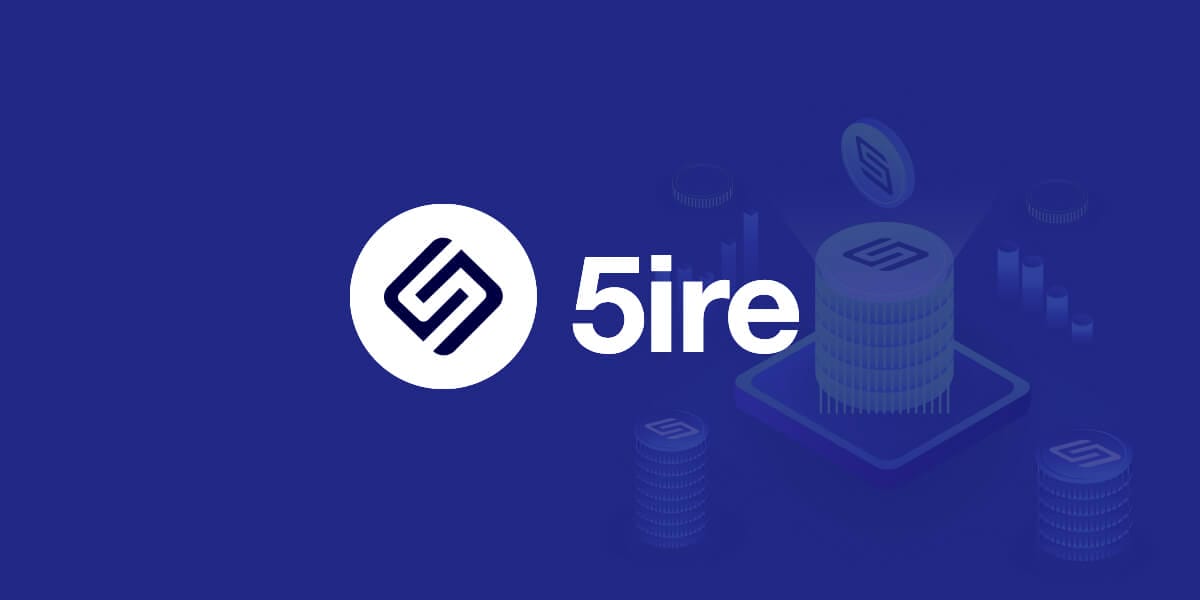Personalization content strategy – The Ultimate Guide to Content that works
Unleash the power of personalization! Discover a winning personalization content strategy to engage users, boost conversions, and skyrocket customer loyalty.
Contents
What is personalization in web content management

What is personalization in web content managementWhat is personalization in web content management
Personalization in web content management refers to tailoring website content and experiences to individual users based on their preferences, behaviors, demographics, or other data points.
Content personalization refers to the practice of tailoring content, products, or experiences to individual users based on their preferences, behavior, and other personal data. The goal is to provide a more relevant and engaging experience for the user.
Some key aspects of content personalization include:
- User data collection: Gathering information about the user such as their browsing history, search queries, location, demographics, interests, and past interactions.
- Segmentation and profiling: Analyzing user data to group users into different segments or create user profiles based on common characteristics and behaviors.
- Personalization algorithms: Using machine learning and data analysis techniques to determine the most relevant content, products, or recommendations for each user segment or profile.
- Dynamic content delivery: Automatically serving personalized content, offers, or experiences to users in real-time based on their individual profiles.
Content personalization can be applied in various contexts, such as:
- E-commerce websites – Personalized product recommendations, targeted promotions, and customized search results.
- Media and entertainment platforms – Personalized content feeds, video/music recommendations, and customized homepages.
- News and content websites – Personalized article recommendations, customized topic feeds, and targeted advertising.
- Mobile apps and digital assistants – Personalized notifications, suggestions, and experiences based on user data and context.
Benefits of personalized content marketing
The benefits of content personalization can include increased user engagement, higher conversion rates, improved customer satisfaction, and better targeting for advertisers and marketers.
Personalized content marketing offers several key benefits:
1. Increased Engagement and Conversion Rates:
– Personalized content is more relevant and valuable to the user, leading to higher engagement, longer time spent, and increased conversion rates (e.g., newsletter signups, purchases, etc.).
– Targeted recommendations and offers based on user behavior can drive higher click-through and conversion rates.
2. Improved Customer Experience:
– Personalized content creates a more tailored, enjoyable, and seamless experience for the user, improving overall customer satisfaction.
– Delivering the right content at the right time enhances the user’s perception of the brand as being attentive and responsive to their needs.
3. Better Targeting and Segmentation:
– Personalization allows for more precise targeting and segmentation of audiences, enabling more effective and efficient marketing efforts.
– Detailed user profiles and behavioral data can be used to create highly targeted content, offers, and campaigns.
4. Higher ROI and Efficiency:
– Personalized content marketing can lead to a better return on investment (ROI) by focusing resources on the most engaged and valuable customers.
– Automated personalization can save time and resources compared to manual content curation and targeting.
5. Competitive Advantage:
– Effective personalization can differentiate a brand from competitors and create a more loyal customer base.
– Personalized content marketing can help a brand stand out in a crowded and noisy digital landscape.
6. Continuous Improvement:
– Personalization strategies can be continuously refined and optimized based on user feedback and performance data.
– Ongoing analysis of personalization results can lead to iterative improvements and more effective content marketing over time.
By leveraging personalized content marketing, businesses can enhance the customer experience, drive higher engagement and conversions, and ultimately achieve better marketing outcomes.
Personalization Strategies
Marketing Magic:
- Data-Driven Decisions: Leverage customer data to create targeted marketing campaigns that resonate with individual needs and preferences.
- Personalized Emails: Craft compelling email campaigns that speak directly to each recipient, boosting engagement and conversions.
- Meaningful Opt-in Forms & Thank You Pages: Tailor opt-in forms and thank you pages to the specific action a user is taking, fostering a positive first impression.
Sales Sizzle:
- Hot Lead Generation: Transform unknown visitors into qualified leads by personalizing website content and interactions based on browsing behavior.
- Real-Time Chat: Engage with potential customers through personalized real-time chat, answering questions and guiding them towards a purchase.
- Personalized Follow-Ups: Craft personalized sales follow-up emails that address the specific interests and needs expressed by each prospect.
Customer Support Superheroes:
- Contextual Support: Provide context-based customer support by factoring in a user’s past interactions and purchase history for a smoother resolution.
- Targeted Knowledge Base: Build a robust knowledge base with targeted content that addresses specific customer needs and pain points.
- Swift Problem-Solving: Prioritize immediate resolution of customer complaints, demonstrating your commitment to customer satisfaction.
Proactive Power:
- Anticipatory Support: Embrace proactive customer engagement by anticipating potential issues and offering solutions before they arise.
- Strategic Segmentation: Segment your customer base strategically to personalize support experiences based on demographics, purchase behavior, and support needs.
Personalization techniques for content marketing
In today’s digital landscape, generic content just doesn’t cut it anymore. Audiences crave experiences that feel relevant and tailored to their specific needs. This is where content marketing personalization comes in. By leveraging data and strategic techniques, you can create content that resonates deeply with your audience, driving engagement and conversions.
Here’s a look at some powerful personalization techniques to elevate your content marketing:
1. Audience Segmentation:
The foundation of personalization is understanding your audience. Segment your audience based on demographics, interests, behavior, and buying stage. This allows you to create targeted content that speaks directly to their unique needs and pain points.
2. Dynamic Content Delivery:
Personalize your content delivery by displaying content variations based on user data. For example, a visitor who has viewed a product page for running shoes might see a blog post about the “Best Running Shoes for Beginners” on your homepage.
3. Interactive Content:
Interactive elements like quizzes, polls, and calculators can be highly engaging and provide valuable data about your audience’s preferences. Use these insights to personalize future content experiences.
4. Triggered Emails and Push Notifications:
Deliver targeted emails and push notifications based on user behavior. For instance, someone who abandons their shopping cart might receive a personalized email with a discount code or reminder about the abandoned items.
5. Content Recommendations:
Recommend related content based on a user’s past browsing history or content engagement. This keeps them interested and exploring your content library.
6. Personalization in Calls to Action (CTAs):
Tailor your CTAs to different audience segments. For example, a CTA for new visitors might be “Learn More,” while a CTA for returning visitors who have shown purchase intent could be “Buy Now.”
By implementing these personalization techniques, you can create a more engaging and effective content marketing strategy that resonates with your audience on a deeper level. Remember, personalization is an ongoing process. Experiment, analyze results, and refine your approach to continuously improve the user experience and achieve your marketing goals.
AI Content Personalization: Transforming Your Website into a Conversion Machine
Imagine a website that speaks directly to each visitor, understanding their needs and presenting content that feels like it was written just for them. This is the power of AI content personalization.
In today’s competitive online landscape, generic website content just isn’t enough. AI personalizes the user experience, boosting engagement, conversions, and ultimately, your bottom line.
Here’s how AI can revolutionize your website content personalization:
- Unleashing the Power of Data: AI algorithms analyze vast amounts of user data, including browsing behavior, demographics, and past interactions. This paints a detailed picture of individual user preferences, allowing you to tailor content accordingly.
- Dynamic Content Delivery in Real-Time: Gone are the days of static website pages. AI can dynamically adjust content based on real-time user data. Imagine a visitor browsing a specific product category – AI can instantly display personalized product recommendations or targeted blog posts showcasing its benefits.
- Micro-Personalization for Maximum Impact: AI goes beyond broad audience segmentation. It can personalize content down to the individual level. For instance, headlines, product descriptions, and even CTAs (calls to action) can be dynamically adjusted to resonate with each visitor’s unique interests and purchase stage.
- Leveraging the Power of Predictive Analytics: AI can predict user intent with remarkable accuracy. Imagine a visitor lingering on a pricing page – AI can trigger a pop-up offering a personalized discount or free consultation, nudging them closer to conversion.
- A/B Testing on Autopilot: AI can continuously test different content variations and personalize based on real-time performance data. This eliminates the guesswork and optimizes your website for maximum conversions.
Free personalization tools for websites

Free personalization tools for websites
Some free personalization tools for websites include:
- Google Optimize: Allows you to create and run A/B tests, as well as personalize content based on user segments.
- HubSpot Personalization: Offers basic personalization features for tailoring content to different audience segments.
- Optimizely (free plan available): Enables A/B testing and basic personalization for websites.
- Personyze (free plan available): Provides tools for website personalization, including dynamic content, recommendations, and targeting.
- Taggbox Widget (free plan available): Allows you to create personalized widgets for displaying user-generated content on your website.



max homenick
2 May, 2024 8:53 amI love using personalization tools on websites, it makes the user experience so much more enjoyable and tailored to my preferences.
kattie feil
2 May, 2024 8:53 amPersonalization is key in marketing today, it’s great to see the different strategies outlined in this article. It’s important to make customers feel like they are valued and understood.
Elza Padberg
2 May, 2024 9:01 amPersonalization in web content management is crucial for creating a tailored and engaging user experience. It allows websites to cater to the individual preferences and needs of each visitor, ultimately increasing user engagement and conversion rates.